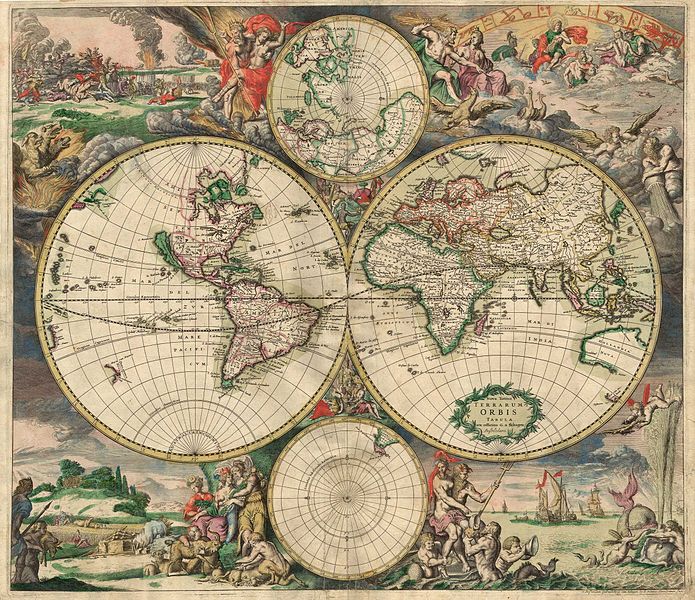Qatar’s 2017 airlift of cows in the context of the coronavirus-induced backlash against globalisation

When analysts write about a coronavirus-induced backlash against globalisation and its sprawling supply chains, I think of Qatar’s 2017 airlift of cows.
It was a remarkable operation, often described as the largest airlift of cattle in history. And it sounded farfetched, this attempt to create a Wisconsin in the Arabian desert.
But in July 2017, cattle started to be flown into the Gulf state of Qatar – 165 Holstein dairy cows from Germany, the first of roughly 4,000 cattle due to be imported.
The trigger for the massive – and expensive – effort was a blockade. Saudi Arabia, Bahrain, Egypt and the United Arab Emirates were boycotting Qatar over its alleged support of terrorism and ties with Iran. Though Qatar denied wrongdoing, it was still suddenly cut off from its food supplies. There were fears of severe shortages of fresh milk, yoghurt, butter and other dairy products hitherto imported across the country’s land border with Saudi Arabia.
Hence the cattle airlift. Moutaz Al Khayyat, the Qatari businessman who thought up the idea, admitted the venture was five times more costly than bringing the cows in on a boat. He told Bloomberg at the time that estimated costs of the airlift were $8 million. Did it make economic sense?
Qatar had precedent. Saudi Arabia, which has an average annual rainfall of just 2.3 inches, managed to become one of the world’s top 10 dairy producers even though milk production needs a lot of water. It managed this extraordinary feat as part of a push to achieve food security through self-sufficiency in response to the oil shocks of the 1970s.
So too Qatar, the richest country in the world with a gross domestic product per capita of $141,542, according to 2015 data from the World Bank. With the blockade imposing severe air, sea and land restrictions, Qatar was in for a lean period because it was so dependent on imports to meet the basic needs of its 2.7 million residents.
Desperate times call for desperate measures. With supply chains forcibly cut, Qatar had to scrabble to find a solution and promote self-sufficiency.
It is debatable if the coronavirus crisis should trigger comparable efforts in every sector. The pandemic has undoubtedly caused supply chain disruptions, and the struggle to obtain medical supplies has accelerated calls for countries and trading blocs to ensure they have sufficient capacity at home. Resilience has become the new watchword, over and above production costs. Donald Trump’s Trade Representative Robert Lighthizer recently celebrated what he called the end of “reflexive offshoring”. And EU internal market commissioner Thierry Breton called for measures to ensure the 27-nation bloc can produce the medical and pharmaceutical goods it needs.
Some of this is understandable and worth doing. It’s a moot point if increasing protectionism will be fit for purpose in the long term. Global supply chains allow countries to focus on their strengths, share expertise, cut costs and provide so much better for so many.

